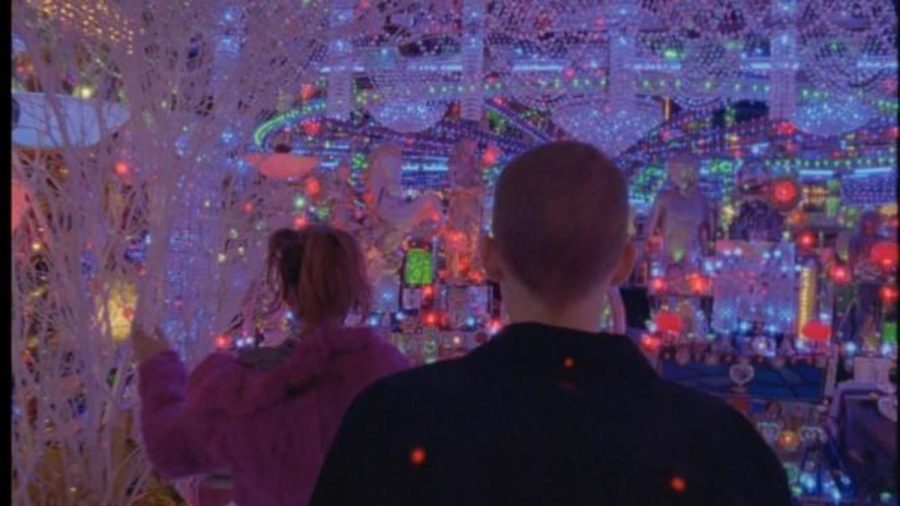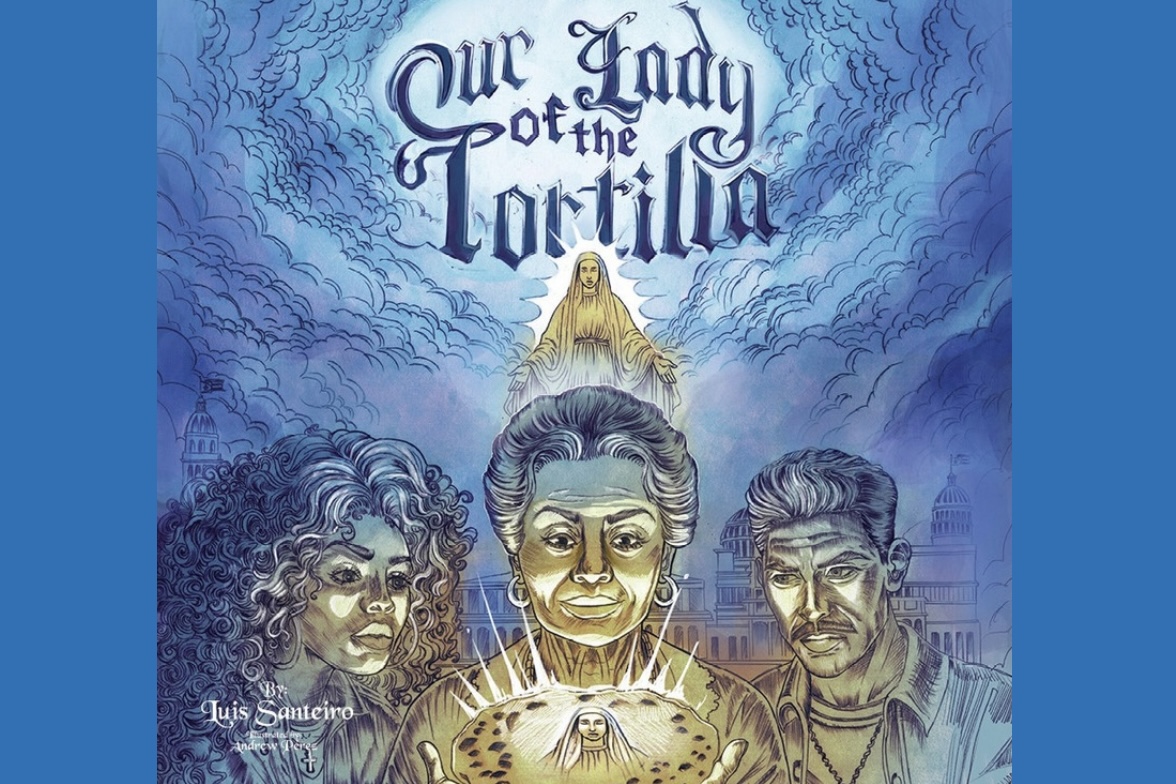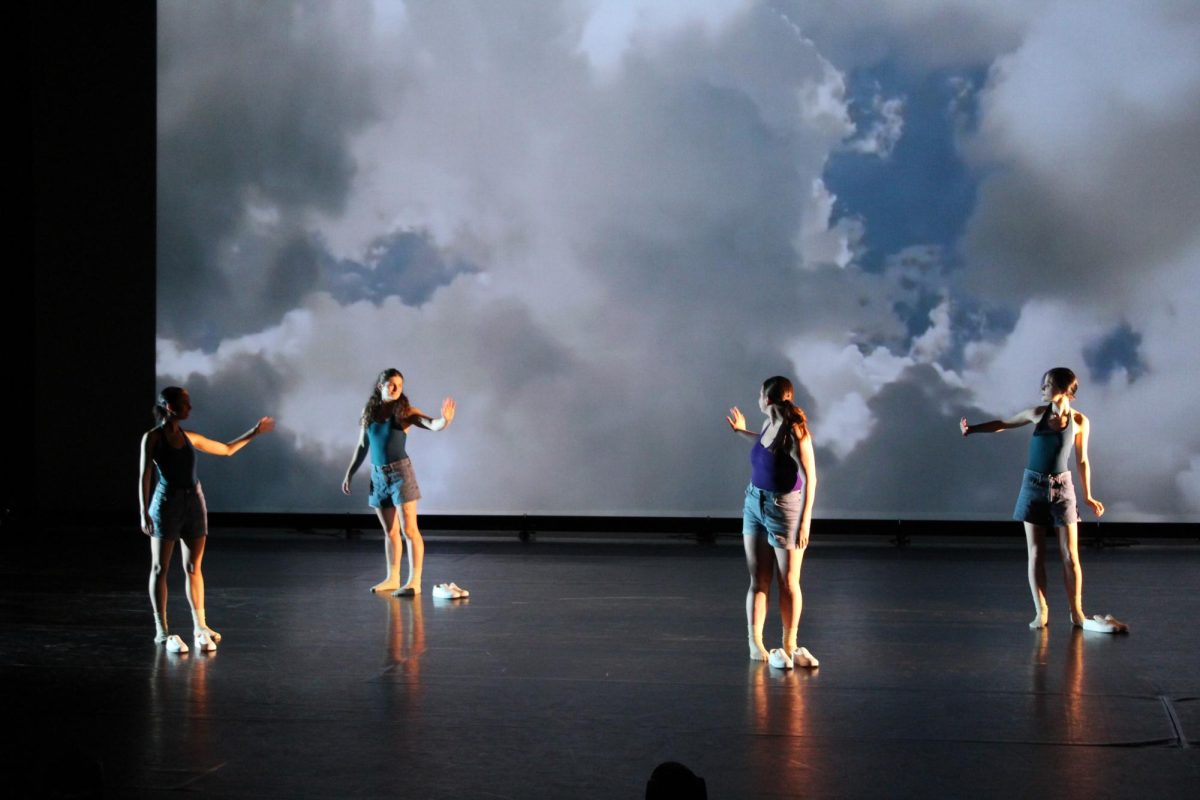French filmmaker Gaspar Noe has made quite a name for himself on the independent film circuit since his colossal debut, “I Stand Alone” in 1998. His films are confrontational; compelling his viewers to be mesmerized and appalled by his unflinching cinematography and blunt depictions of humanity.
While “Enter the Void” feels very much like another addition to Noe’s burgeoning offerings, he has created something that resonates, as one of the most interesting films I have ever seen.
The story follows Oscar, a young, drug-abusing resident of Tokyo’s sordid underbelly and his transcendental journey through life and, more significantly, death. With the Tibetan Book of the Dead used as a plot device and loose story frame, Noe allows us to travel through Oscar’s consciousness as well as his dreamlike hallucinations. Noe’s firm honesty is the paramount of his style, laying Oscar’s life out bare for the audience to scrutinize and digest. From his bizarre relationship with his beloved sister to his troubled past that inevitably led him to his drug abuse, the audience is allowed little breathing room in Oscar’s mentally blunted existence.
The camera assumes the role of Oscar, for the most part, only being separated marginally as it hovers behind Oscar’s head before it weaves between his hallucinations and mental lapses. This utility works to engross the audience; what Oscar sees, you see. When Oscar blinks, you blink (which I imagine will be sustained during some of the film’s grittier sequences). Punctuated by lucid dreamscapes that walk a fine line between becoming tedious and sustainably hypnotic, this film is a technicolor seizure that glares at you as it immolates itself. As you soar with the camera as it expands across the Tokyo cityscape in sprawling confidence, you truly begin to realize that the invasive and constant eye of the lens is the true star of the film.
That isn’t to say that there isn’t anything to be found in the talents of the actors in “Enter the Void.” I fell in love with Paz de la Huerta’s uninhibited and provocative display as Oscar’s sister, Linda. Penetrating Oscar’s sedated demeanor, de la Huerta makes Linda the easiest character to empathize with in the film’s entire two-and-a-half-hours.
“Enter the Void” is difficult, raw, beautiful and full of an energy that is subdued in mainstream cinema. Those looking for more of the same mainstream tripe know exactly where they can find it; but if you’re looking for a breast-filled, drug-soaked journey through the dilapidated circus of Noe, then go pick up a copy of “Enter the Void.”







